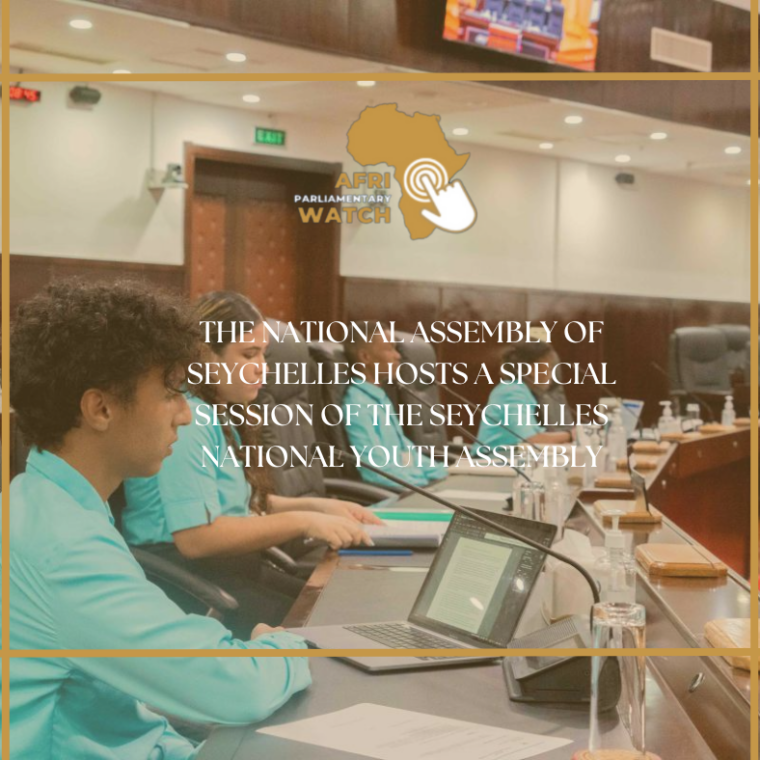Malawi’s parliament has given the green light for the government’s initiative to send 10,000 laborers to work in Israel’s farms and industries. The approval came on February 15, 2024, following a government-led fact-finding mission to Israel that assessed the conditions of approximately 700 Malawians currently employed there.
Joyce Chitsulo, who led the fact-finding delegation, presented the report to parliament. She detailed the delegation’s activities in Israel, which included meetings with Israeli cabinet ministers, visits to the Knesset (Israeli parliament), and discussions with labor agents and workers.
Chitsulo reported that Malawian workers were generally satisfied with their working conditions and were adhering to their contracts. She encouraged both the government and Malawian youth to take advantage of the job opportunities in Israel.
The visit followed concerns about some Malawian workers fleeing from Israeli farms due to issues such as wage discrepancies, overtime pay, and sanitation facilities. These challenges were being addressed as they arose, Chitsulo noted. She attributed some of the problems to workers being inadequately informed about what to expect in Israel before their departure from Malawi.
Malawi has been promoting labor export to Israel since last year as a strategy to increase foreign exchange revenue. Finance Minister Simplex Chithyola Banda announced that $735,000 has already been transferred to Malawi through this arrangement.
Currently, Malawians are recruited through agents in both Malawi and Israel who have agreements with Israeli farmers. Chitsulo emphasized the need for a comprehensive program, suggesting that the government should expedite the signing of a government-to-government agreement to formalize the labor export process.
The parliamentarians have supported this recommendation, noting that it could provide new opportunities, particularly for those in rural areas. Bertha Mackenzie Ndebele, MP for Balaka West, expressed support for the program, highlighting the potential benefits for unemployed youth in her constituency.
However, some labor activists have criticized the involvement of politicians in the recruitment process. Luther Mambala, former president of the Malawi Congress of Trade Unions, argued that this could lead to favoritism based on political affiliation. He suggested that the Ministry of Labor should manage recruitment through merit-based employment bureaus.
Chitsulo also mentioned that while Malawi plans to send 10,000 workers, Israeli authorities have indicated the potential to employ up to 100,000 Malawians.





